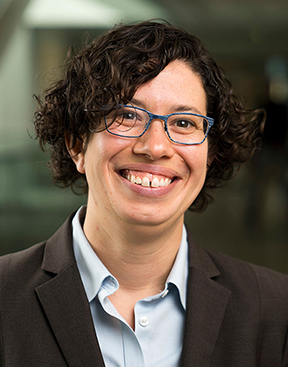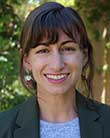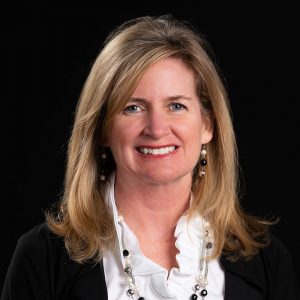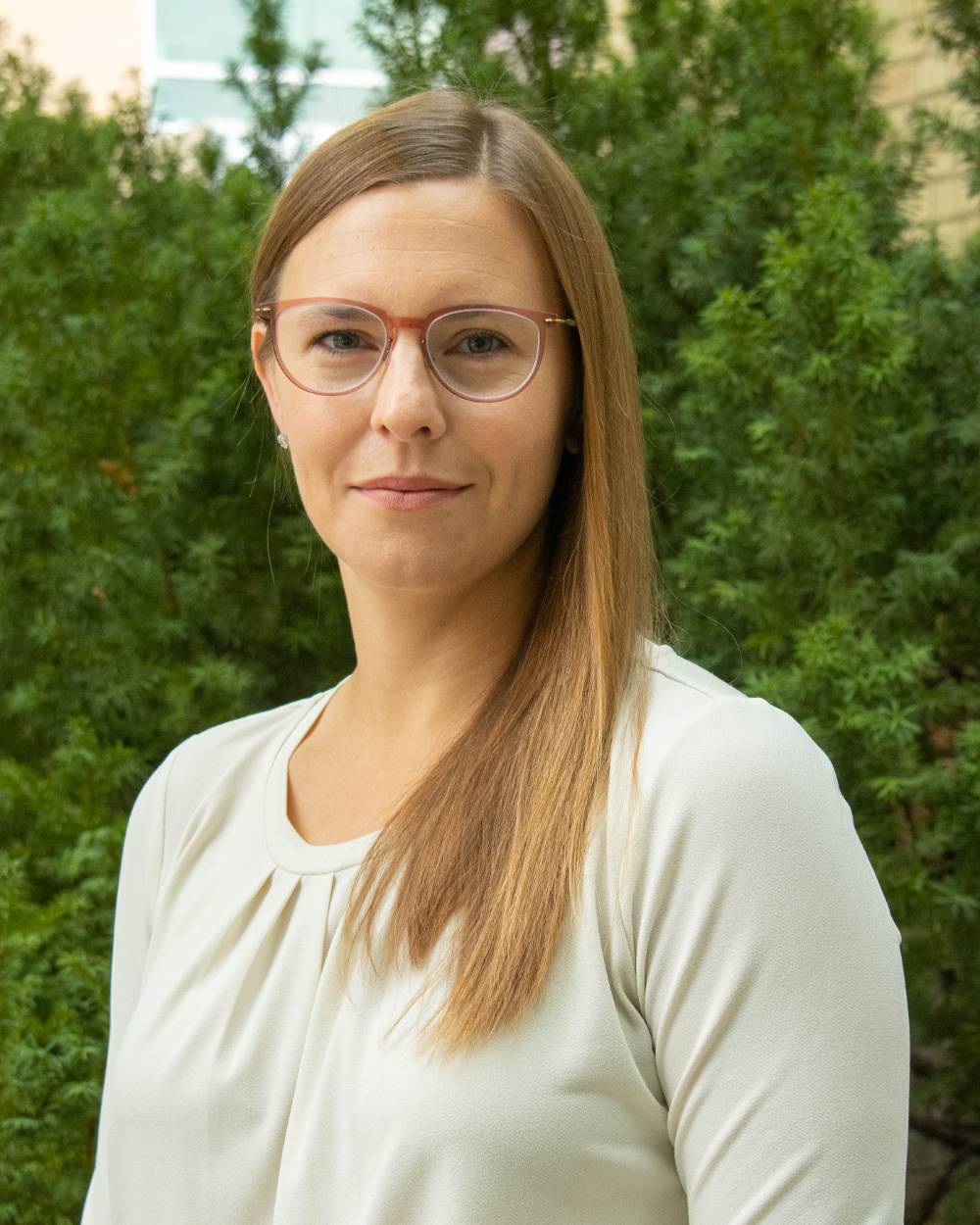Learning to Observe
From Learning to Teaching: Advancing the Skill of Scientific Observation in Secondary Classrooms
Nothing has such power to broaden the mind as the ability to investigate systematically and truly all that comes under thy observation in life.
--Marcus Aurelius
Scientific observation is critical to both conducting and teaching science, yet how educators attain and teach this skill to their students remains understudied. Perhaps it’s the proliferation of advanced scientific tools and methodologies. Or maybe it’s that scientific observation is mediated by our existing knowledge, our culture, and the learning context, making it highly individual. But no matter the reason, understanding how educators learn and teach scientific observation is a significant need. Not only do students need experiences with scientific observation for long-term academic success and growth, but observation is also embedded within the K-12 teaching standards, given the emphasis on observational evidence as foundational to Science and Engineering Practices, such as Engaging in Argument from Evidence.
Thanks to the work of Dr. Lauren Barth-Cohen, Assistant Professor in Educational Psychology and an Adjunct Assistant Professor in the Department of Physics and Astronomy, our understanding of how educators learn and teach scientific observation is set to advance. Barth-Cohen is Principal Investigator (PI) on a 3-year National Science Foundation ($599,224) grant entitled Learning to Observe: Unpacking the Development of Science Teacher Observational Expertise in Field Settings. Barth-Cohen, along with Co-Principal Investigators Lynne Zummo (Educational Psychology, University of Utah), Holly Godsey (Teach for Utah, University of Utah), and Sarah Braden (School of Teacher Education and Leadership, Utah State University), will conduct a 3-phase study with 2 groups of 20 in-service secondary educators (n=40) to examine how educators learn to make scientific observations and how they then teach that skill in their classrooms.
The study will actively recruit emergent learners of scientific observations, such as new teachers, teachers who are teaching an earth science course outside of their area, or earth science teachers who have not had access to professional development learning. To encourage participation, educators will receive 3 credits for the online course and 3 credits for the field experience, for a total of 6 credits. Barth-Cohen says, “through targeted recruitment aimed at secondary science teachers who have not traditionally had access to long-term professional learning experiences, we aim to provide a unique opportunity for Utah teachers’ professional growth while also building fundamental knowledge about science learning.”
Participating educators begin with Phase I, a semester-long online course teaching educators how to make geologic observations. Geology was identified as the ideal field for training the skill of scientific observation for two reasons: 1) many educators do not have training in earth sciences and 2) scientific observation is foundational to the field. Throughout the course, educators will receive unique hands-on materials, like rocks and magnifying glasses, and will engage in group discussions to facilitate peer-to-peer learning. Of course, Phase I is not structured like a traditional geology course, and course content is tied directly to state science standards. Educators will also regularly be prompted to share and discuss their own observations and reflect on how their students learn.
Phase II is a 1-week trip to Capital Reef Park. Due to uplift, millions of years of geologic processes are on display—sometimes within a single rock formation or cliff—in the park’s geology. Abandoned Utah settler cabins sit in close proximity to American Indian petroglyphs, making for a unique environment with a history as rich and layered as its geology. Educators and the research team will stay at the Utah Valley Field Station, spend their days making geologic field observations and their evenings hearing from guest speakers about the history and culture of the area and how locals connect with the land today.
In Phase III, educators will create field experiences that their high school students can carry out in their area, whether that setting is urban, rural, or frontier. During this phase, Barth-Cohen and the research team will visit educators in their classrooms to see how they’ve structured field experiences for their students and how they teach the skill of scientific observation. The team will collect qualitative video and audio data from all three phases, along with teachers’ notes and written artifacts. Quantitative analysis will focus on how the teachers develop expertise in observation as related to their knowledge, social interactions, and cultural resources. Additionally, a complementary quantitative analysis will focus on linguistic frequencies (e.g., how many times a word or phrase is used and in what context). Project evaluation will be done in collaboration with Eric Hochberg from TERC. Based on the findings, the team will make adjustments to the 3 phases in preparation for the next cohort. The first 20 participating educators will mentor the second group of educators to further enrich the learning experience.
As evidenced in three phases, educators will learn how to make scientific observations through a three-dimensional approach that highlights geologic observation. “This project draws on years of pilot data, including a 2017 publication in which we studied how perceptual and inferential parts are related to one another in developing knowledge,” says Barth-Cohen. “Building on our prior research along with significant expertise from the project team members, we are in a solid position to successfully move forward with this research that examines how educators learn to make scientific observations in a field setting.”
After the study findings for both groups of educators have been analyzed, the team will disseminate this new knowledge through publications and presentations made to other academic researchers and key policymakers. Additionally, the knowledge generated by this work will provide an explanatory framework for the cultivation of scientific observation that can be used nationwide to assist educators in advancing their skills in scientific observation and helping their students do the same.
The Team




Lauren Barth-Cohen (PI) Lynne Zummo (Co-I) Holly Godsey (Co-I) Sarah Braden (Co-I)
Categories
- Behavior
- Behavior Analysts
- Board Certified Behavior Analysts
- community engaged
- Develop and Transfer New Knowledge
- early childhood
- early literacy
- Education
- educational equity
- educational psychology
- Educational Psychology
- Education Culture and Society
- elementary science education
- engineering
- Higher Education
- Higher Education in Prison
- high school
- Incarcerated Populations
- informal learning
- literacy
- literature
- math
- math education
- Math Education
- middle school
- partnerships
- professional development
- reading
- Reading
- Reading Intervention
- school readiness
- science
- science education
- Science Education
- science endorsement
- scientific observation
- state standards
- STEM
- Student Support
- teacher ed
- teachers
- technology
- Undergraduates
- Urban Institute for Teacher Education
